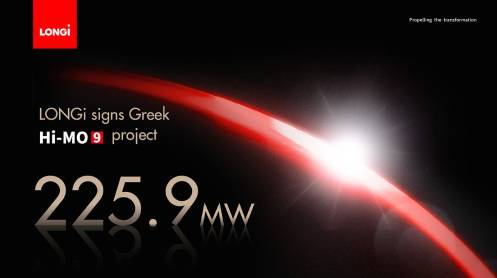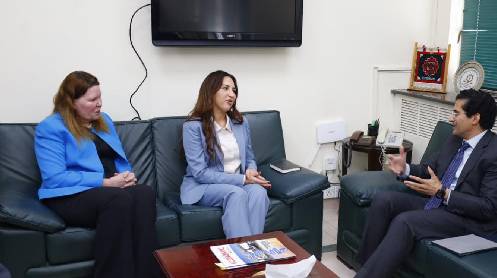The Pakistan Industrial and Traders Associations Front has rejected jump in prices of petroleum products for the second half of December 2020 despite the fact that Pakistan’s headline national inflation is still in high range of over 8 per cent, warning the authorities that inflation above 6 percent could hurt economic growth.
In a joint statement with vice chairman Javed Siddiqi, Mian Nauman Kabir said that for the second half of Dec, the government increased the prices of petrol by Rs3/litre, diesel Rs3.01/litre, kerosene by Rs5/litre and Light Diesel Oil (LDO) increased by Rs2/litre. The increase will be effective from today (Dec 16) till the end of the month.
Mian Nauman said that the high speed diesel is used mostly in the transport and agriculture sectors. Therefore, any increase in its price will lead to inflationary impact. Kerosene oil price has also gone up, which is used in remote areas where liquefied petroleum gas is not available for cooking purposes. So, any increase in its price will have an impact on the life of the poor. The price of light diesel oil has also been hiked, which is used in industries.
Mian Nauman Kabir said that oil prices and inflation are closely connected in a cause-and-effect relationship. As fuel rates move up, inflation, which is the measure of general price trends throughout the economy, follows in the same direction upward. On the other hand, if the rates of fuel fall, inflationary pressures start to drop. He urged the government to take concrete measures for easing out inflation that has further increased due to rise in oil prices and other essential commodities. He said that inflation is on higher side due to the impact of government’s economic policies of soaring fuel rates, enhancing power and gas tariff, depreciating the local currency and imposing exorbitant duties on imported industry raw material.
PIAF vice chairman Javed Siddiqi called for putting the economy on a balanced and sustainable growth trajectory, addressing the underlying structural vulnerabilities, as low export growth, limited foreign exchange reserves, documentation of economy and higher food inflation are still major challenges to the economy.
Referring the data of Pakistan Bureau of Statistics, PIAF chairman said that the SPI inflation increased by 9.9% annually in Nov 2020 as compared to increase of 12.3% a month earlier and an increase of 20.2% in Nov 2019. On monthly basis, it increased by 1.1% in Nov 2020 as compared to increase of 3% a month earlier and an increase of 3.7% in Nov 2019. The five-month inflation was recorded at 8.76% against 10.8% in the corresponding period of the last fiscal. During last financial year (July-June 2019/20), the average inflation was recorded at 10.74%, with a peak reading in Jan of 14.56% year-on-year.
The latest CPI bulletin says that on a month-on-month basis, inflation increased by 0.8% in Nov 2020 as compared to an increase of 1.7% in the previous month and an increase of 1.3% in Nov 2019. He said that the CPI is a main gauge of price changes at the retail level of all goods and services, consumed by private households and roughly reflect changes in the cost of living of whole country. He said that the inflation increased mainly due to abnormal fuel price increase by the government.
PIAF vice chairman Javed Siddiqi said that the outcome of stabilization policies, agriculture sector interventions, rigorous monitoring at federal and provincial levels and favourable weather can bring in better results in easing out inflation and sustain the economy towards growth and productivity.





